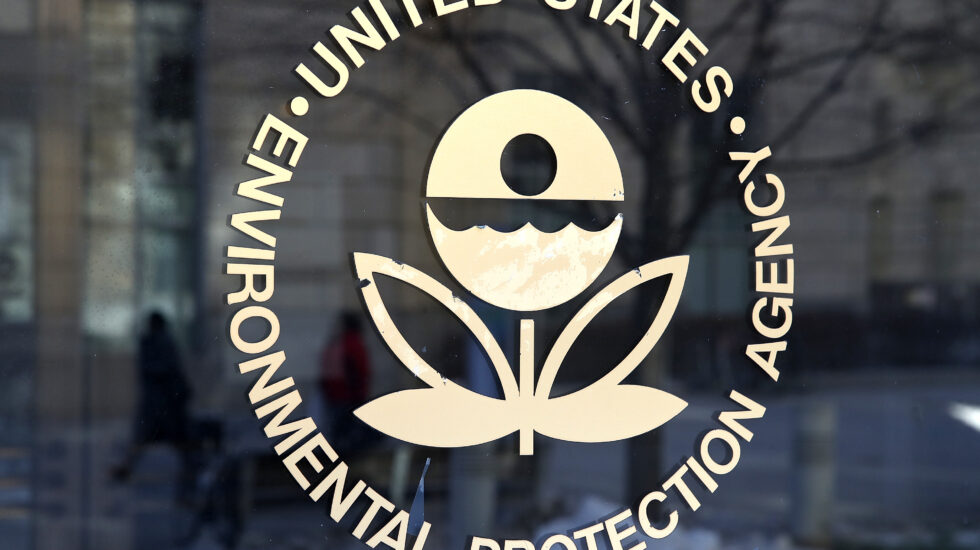The EPA announced on Wednesday that it is repealing the 2020 Navigable Waters Protection Rule, the latest sign that the Biden administration is committed to rolling back Trump-era policies that imperil the environment.
The rule reduced the number of streams, marshes and other wetlands that fall under federal protection. EPA Administrator Michael Regan said it “is leading to significant environmental degradation.”
In a joint statement with the Army Corps of Engineers, the EPA said it will work on a new policy that increases waterway habitats for wildlife and provides safe drinking water for millions of Americans.
“The science says those streams and these wetlands are an important part of our clean-water system in the United States and should be protected,” Tom Kiernan, head of American Rivers, told The Washington Post.
But the Trump administration yielded to home developers, oil drillers and growers who considered the regulations associated with the Clean Water Act too onerous. Regan said the Trump-era rule limiting the number of protected waterways gave a green light to 333 projects that would have previously required a Clean Water Act dredge-and-fill permit.
Politico explains that the regulations surrounding clean water have been a constant source of partisan fighting:
The issue of which streams and wetlands are subject to federal regulation has been the source of intense debate virtually since the Clean Water Act was passed, and has been a legal and political quagmire for the past decade and a half after the Supreme Court issued a pair of muddled opinions that created enormous confusion on the ground.
Over the past two presidential administrations, the country has ping-ponged back and forth among three different regulatory definitions, sometimes with different rules in effect in different parts of the country.



